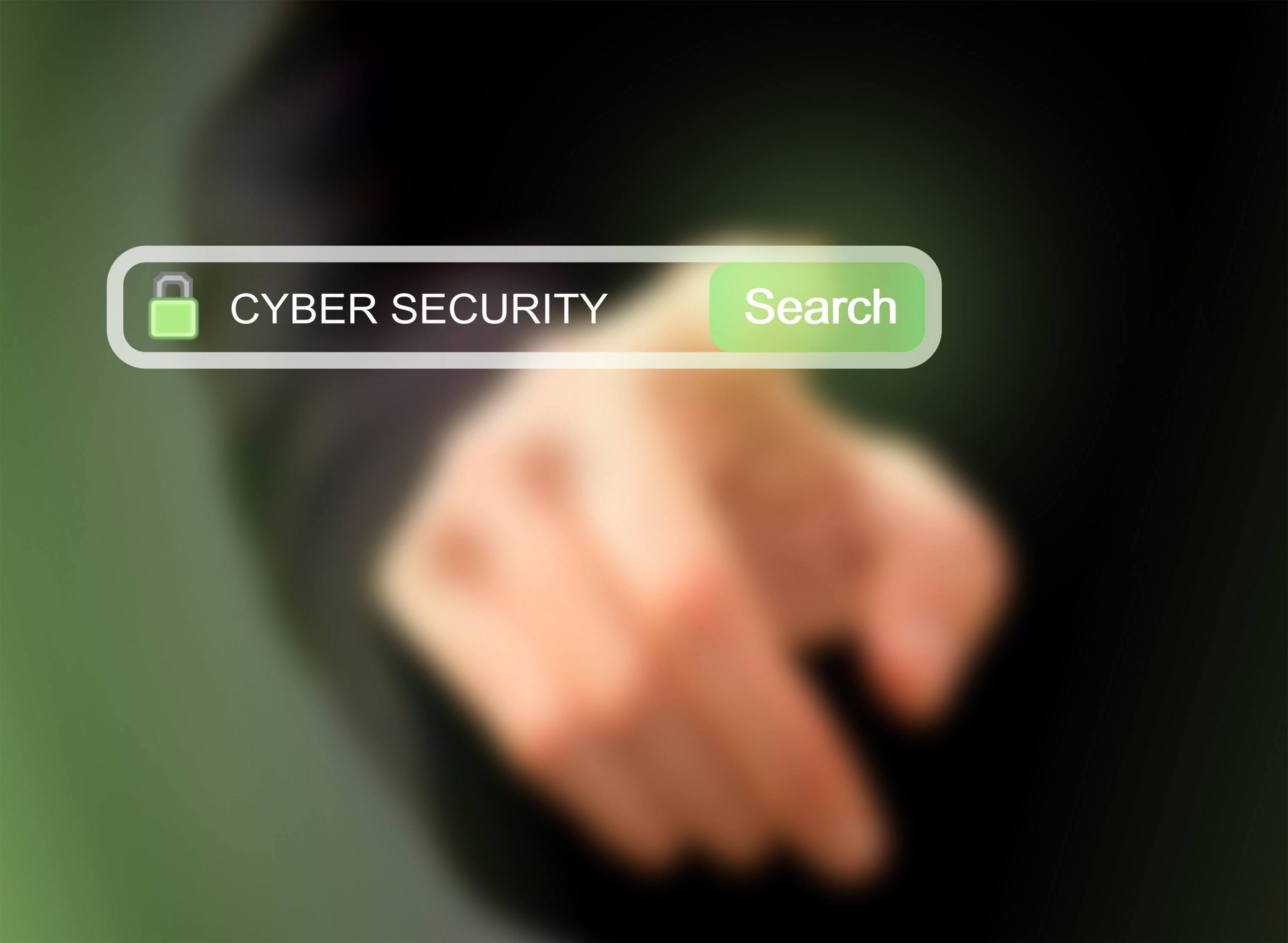No products in the cart.

Hoping to get a career in cyber security but don't know where to start? We asked Jim Wheeler, the Director of Operations at PGI Cyber some questions about what a job in the sector entails. 1. What are the major cyber threats that organisations face, how serious and how widespread? Information security is still a growing industry, as many organisations - both big and small, are still in the process of establishing security policies and procedures, implementing security controls and training staff to recognize security threats. In today's world, 'Hacking' and 'Cyber' are both words that conjure images of movie-like sci-fi: perhaps a darkened room filled with monitors and poorly dressed young adults who rarely expose themselves to the sun. Every user in an organisation is individually responsible for changing passwords, removing sensitive documents from their workspace at the end of the day and verifying the identity of visitors....
A great hacker is really worthy of good recommendation , Henry
really help to get all the evidence i needed against my husband and
and i was able to confront him with this details from this great hacker
to get an amazing service done with the help ,he is good with what he does and the charges are affordable, I think all I owe him is publicity for a great work done via, Henryclarkethicalhacker at g mail com, and you can text, call him on whatsapp him on +12014305865, or +17736092741,